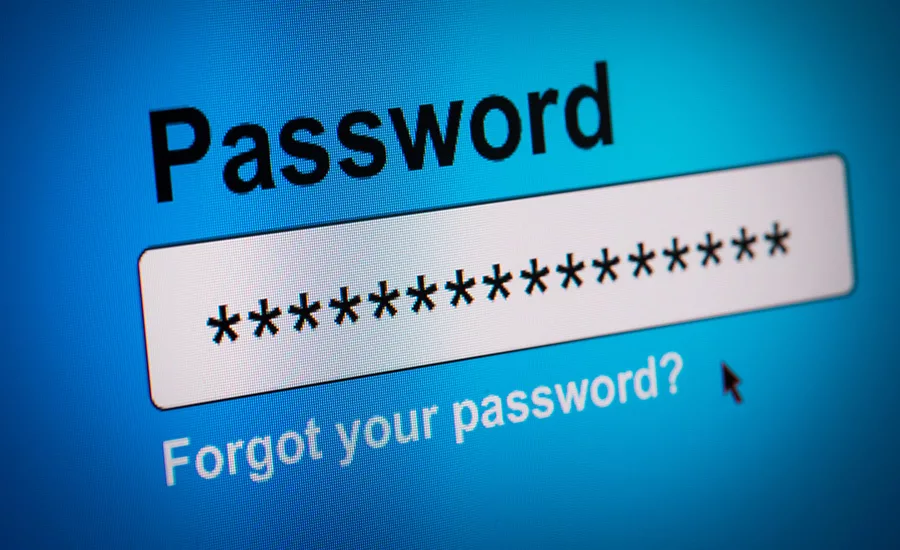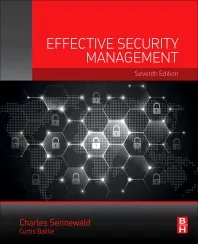Report Analyzes Bad and Good Online Security Habits

Who’s falling victim to online identity theft, why is this still happening, and how can you protect yourself?
According to a report by CBT Nuggets, people who self-identified as “tech savvy” were 18 percent more likely to be victims of online identity theft than those who weren’t. Additionally, respondents with Ph.D’s were more frequently victims than high school graduates. And, despite lingering rumors that Macs are safer than PCs, Apple users were 22 percent more likely than Windows users to be victims of this breach.
Millennials were less likely than their older counterparts to have secure information stolen online, although this may be because they haven’t risked having their personal information compromised for as long as the other age groups.
In addition, said the report, plenty of people use the same password across multiple platforms. Self-identified tech-savvy folk were just over 6 percent more likely than the non-tech crowd to have unique passwords.
Android users were almost 11 percent more likely than iPhone users. Windows users were over 12 percent more likely than those on a Mac, and women were slightly more likely than men.
Millennials – the least likely generation to have their identity stolen – were the least likely to use a unique password. Baby boomers led the way in this category, with 85 percent reporting using a unique password for their online accounts.
Nearly 66 percent of those surveyed said having their personal information compromised was a “medium” or “huge” risk, yet fewer than 4 percent followed all the basic security recommendations.
When asked why they didn’t follow basic security recommendations, 40 percent of Americans said they were too lazy, found it to be too inconvenient, or they didn’t really care.
So who’s too lazy to protect their data? Millennials are leading the charge, with 57 percent admitting to laziness, inconvenience, or a lack of concern. Baby boomers were the least likely to be cavalier about security requirements, with just 29 percent admitting to being lazy, inconvenienced, or indifferent.
On the educational front, those with professional degrees were the most unconcerned about security, and when we split the data by industry, religious and legal professionals were the least likely to protect themselves.
Of the more than 2,000 respondents surveyed, 76 percent said they would share their social security number with a government website, and 74 percent would do the same with major banking websites.
According to the survey, being tech savvy, highly educated, or an Apple devotee won’t save you from being hacked – but what about location? Are residents of some states more likely to fall victim than others? Maryland, Alabama, Kentucky, and Massachusetts all ranked as having the highest proportion of identity theft victims. This might mean respondents in these states use more public Wi-Fi and take fewer precautions than others, and perhaps some states are generally more connected online. Either way, participants from Arizona and Louisiana may be the least at risk.
https://blog.cbtnuggets.com/2017/03/how-do-your-online-security-habits-stack-up/
Looking for a reprint of this article?
From high-res PDFs to custom plaques, order your copy today!





